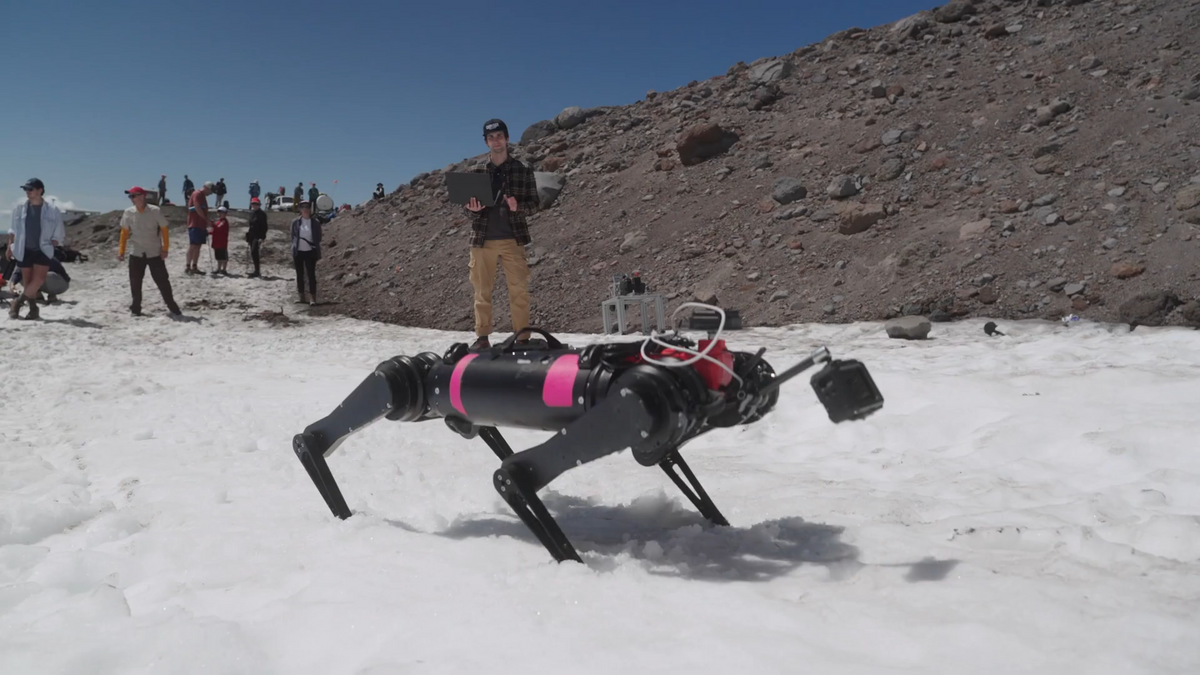The International Energy Agency is not staffed by a bunch of starry eyed utopians and idealists. Its director general Nobuo Tanaka reminded an audience at Columbia University today that it was conceived by Henry Kissinger as a kind of counter-OPEC, an "oil consumer countries' union" The bottom line he said is that the IEA countries today maintain a 90-day oil reserve.
Having said that, Tanaka went on to describe the agency's 2010 Energy Technology Perspectives, issued this summer, which calls for nothing less than a revolution in energy technology to meet the 2050 carbon reduction goals adopted at Copenhagen last December. As the report itself says: "Current energy and CO2 trends run directly counter to the repeated warnings sent by the United Nations Intergovernmental Panel on Climate Change, which concludes that reductions of at least 50 percent in global CO2 emissions compared to 2000 levels will need to be achieved by 2050 to limit the long-term global average temperature rise to between 2.0 degrees Celsius and 2.4 degrees C."
Employing a methodology that Tanaka described as "backcasting" rather than "forecasting," the IEA concluded that carbon prices would have to go to 175 dollars per ton in the next decades--an order of magnitude higher than current prices in the world's rather limited carbon markets--and that the world's countries will have to spend at least 30 percent more on energy r&d than they'd spend according to baseline projections. Other policies needed worldwide would include energy and conservation standards, mandated best practices, consumer eduction, and serious research into consumer behavior.
With an eye on the disappointing Copenhagen outcome, which did not produce new carbon reduction requirements, and the next conference scheduled for Cancun this fall, Tanaka said: "We should not wait for a global deal. We know what to do."
But knowing what to do is not the same as actually doing it. The report and Tanaka himself concede that revolutionary changes in technology and sharp reductions in carbon emissions will not occur unless producers and consumers face higher energy prices. Politicians are going to have to be more courageous and honest in getting that across, Tanaka told me after his talk. But that runs up against a dilemma highlighted in the very first sentences of the technology report: The global near-depression of the last two years reintroduced a concern "that high energy prices can cripple economic growth," and renewed concern about basic energy security.
The IEA, like the Obama administration, would like us to believe that developing greener energy technology, securing future energy supplies, and cutting carbon emissions are all one and the same thing. But voters aren't buying that. So it will take more courage, honesty and eloquence than politicians have mustered so far to persuade them to pay what's required to get what they say they want.
There's no better source for current and future energy trends than the IEA. But in the past I've been mildly critical of the agency for predicting events that it describes in the same breath as unsustainable. This time I'd criticize it not for a lack of economic realism--the point Tanaka seemed sensitive about--but for lack of political realism.


